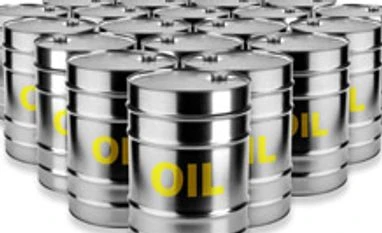Oil prices were mixed in Asian trade on Friday as dealers monitor diplomatic efforts to make Syria give up its chemical weapons and avert a US-led military attack, analysts said.
New York's main contract, West Texas Intermediate for delivery in October, eased four cents to $108.56 a barrel and Brent North Sea crude for October rose 16 cents to $112.79.
"Investors remain cautious over the diplomatic efforts to get Syria to surrender its chemical weapons," Teoh Say Hwa, head of investment at Phillip Futures in Singapore, said in a note.
The US-Russia talks have put off a planned US-led attack on Damascus for an alleged sarin gas attack by Assad forces last month that left hundreds of Syrians dead. Assad blames opposition rebels for the attack.
Oil prices were also supported by fresh reports of supply disruptions in crude exporter Libya after the country's National Oil Corporation yesterday declared force majeure on three ports.
Libyan oil exports plunged in August by more than 70 per cent after protesters, including policemen and border guards, forced terminals to shut in a row over pay.
New York's main contract, West Texas Intermediate for delivery in October, eased four cents to $108.56 a barrel and Brent North Sea crude for October rose 16 cents to $112.79.
"Investors remain cautious over the diplomatic efforts to get Syria to surrender its chemical weapons," Teoh Say Hwa, head of investment at Phillip Futures in Singapore, said in a note.
More From This Section
The Assad regime in Syria yesterday announced it would sign up to the global convention banning chemical weapons following a Russian proposal to put its toxic arsenal under international control.
The US-Russia talks have put off a planned US-led attack on Damascus for an alleged sarin gas attack by Assad forces last month that left hundreds of Syrians dead. Assad blames opposition rebels for the attack.
Oil prices were also supported by fresh reports of supply disruptions in crude exporter Libya after the country's National Oil Corporation yesterday declared force majeure on three ports.
Libyan oil exports plunged in August by more than 70 per cent after protesters, including policemen and border guards, forced terminals to shut in a row over pay.
)